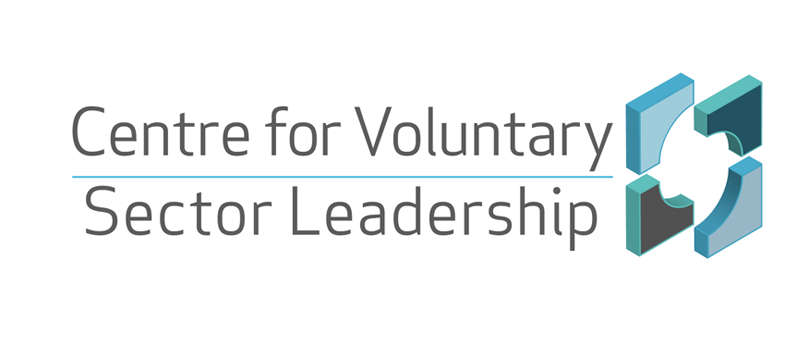6 Key practice: observation
This week we asked you to pay attention to the interactions and dynamics within your organisation and we can call this kind of activity observation. Observation is a crucial but under-utilised organisational practice. Contrary to what you might think, observation does not mean that all opinions and commitments must be set to one side in order to be neutral. It is in fact impossible to be completely neutral in observation work. Rather, we should try to be aware of our own subjective biases and try our best to see the scene from a different perspective.
Curiously, not many people in leadership take the time to observe the world around them. They are too busy getting caught up in the day-to-day busyness of work. That is a shame because we can carry around with us all kinds of assumptions that prove to be incorrect.
Observation does not mean that you try to remove all subjective feeling. On the contrary, you should pay close attention to how certain events, behaviours or interactions make you feel. Feelings are important clues as to what might be going well, or not, within an organisation.
5 A definition of leadership
